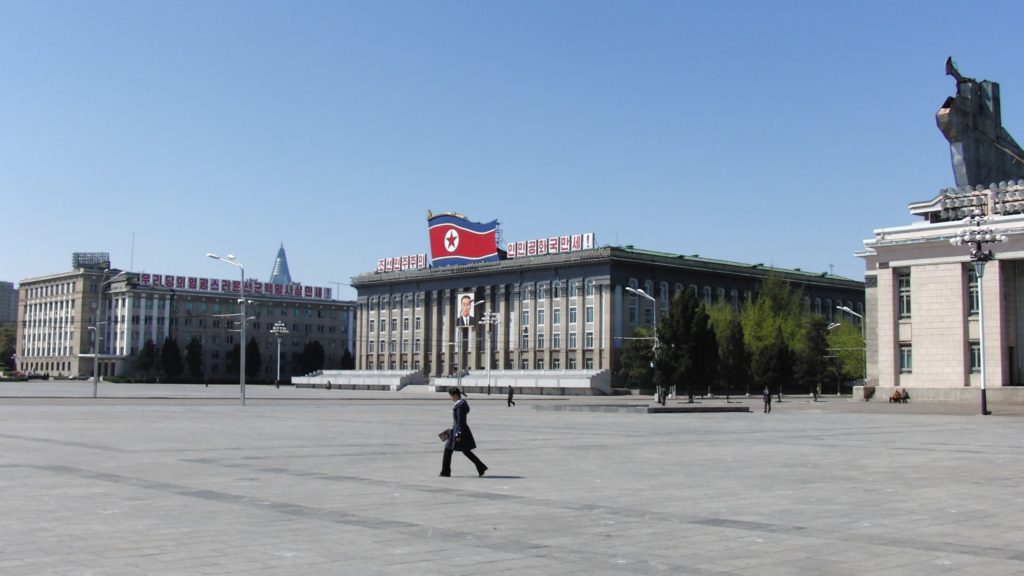The Peninsula
2021 in Review: North Korea’s Handling of the Pandemic

This is the first in a 10 part series looking at how the issues identified in KEI’s annual “10 Issues to Watch for on the Korean Peninsula” series developed in 2021. The original “10 Issues” piece can be found here.
The North Korean border continues to be closed since extensive quarantine conditions were imposed in early 2020 following the disclosure of COVID-19 in China. North Korean leaders view COVID-19 as a direct threat to the country’s national security.
Numerous North Korean lives may have been saved because of the swift border shutdown; however, the continued closure is taking a toll on the North Korean economy. Inevitably the consequences for the general population include a diminished food supply and less access to internationally sourced medicine and other assistance. Thousands of containers holding an assortment of humanitarian aid continue to sit idly on the China side of the boarder. Independent verification as to whether COVID-19 exists in North Korea is impossible.
COVAX, the Global Alliance for Vaccines and Immunization (GAVI)/WHO/UNICEF vaccine distribution platform has reported willingness to distribute over six million doses of vaccine to North Korea. However, GAVI/COVAX and North Korean officials have not reached agreement on some matters including implementation of the required protocols accompanying provision of the vaccine. According to Dr. Kee Park of Harvard Medical School, there is also reluctance by North Koreans to accept the vaccines perhaps due to concern about the safety and efficacy of the offered vaccines rather than their ability to store and deploy them.
The extreme nature of the quarantine mechanism and structure suggests that final decisions related to addressing COVID-19 challenges continue to be made by authorities other than public health professionals. With virtually no one allowed to enter, as well as a near prohibition on the import of goods and supplies, officials of multiple foreign embassies and the United Nations departed the country. A few million dollars are owed to North Korea from international organizations and officials forced into borrowing money to cover living costs including rent and groceries. This dilemma resulted in large part because of the absence of an international banking channel allowing for the flow of funds into North Korea.
It is unlikely that North Korea will reopen until officials are convinced that the COVID-19 threat no longer exists for the country, either through a vaccination campaign or cessation of the pandemic on a regional and global basis. However, officials may more fully develop a decontamination protocol allowing importation of some goods and supplies.
In the meantime, many of the elderly, children and pregnant and lactating mothers who were experiencing malnutrition before the pandemic began may be enduring a life in crisis, sensing that time is not on their side.
Keith Luse is the Executive Director of the National Committee on North Korea. The views expressed here are the author’s alone.
Photo from Comrade Anatolii’s photostream on flickr Creative Commons.
